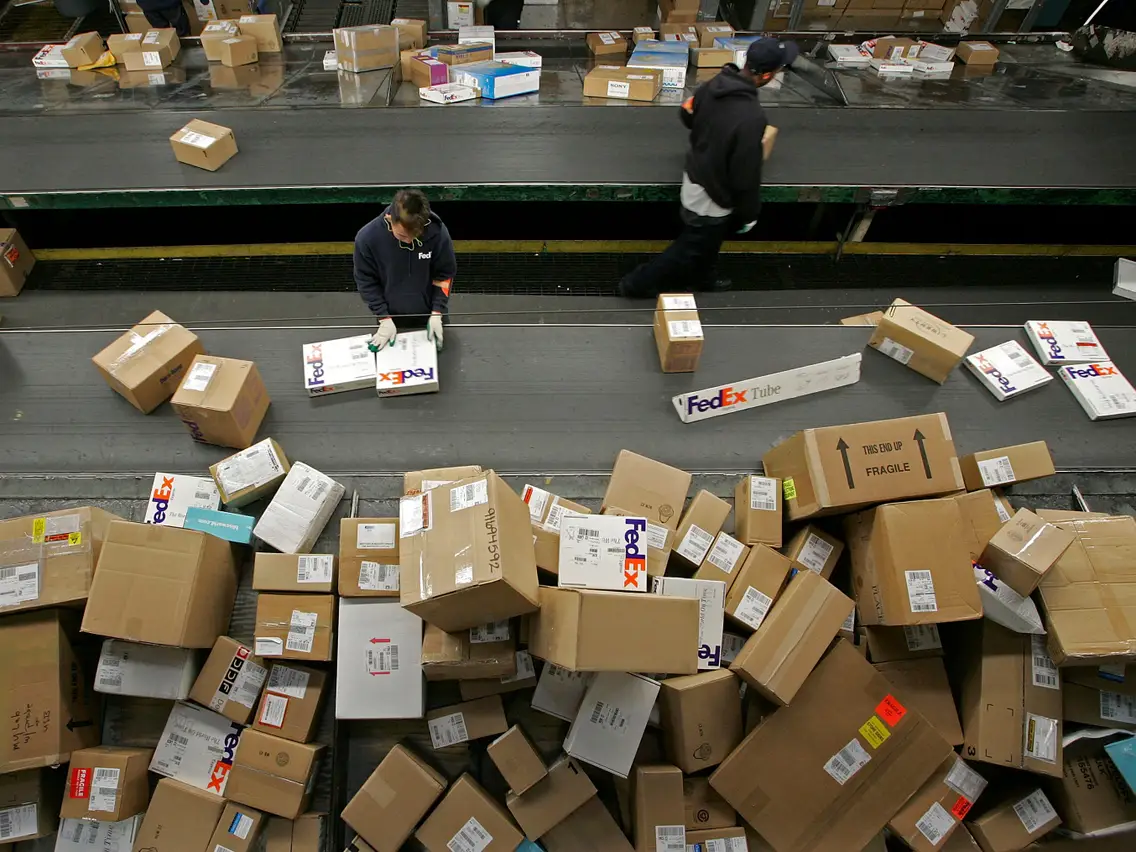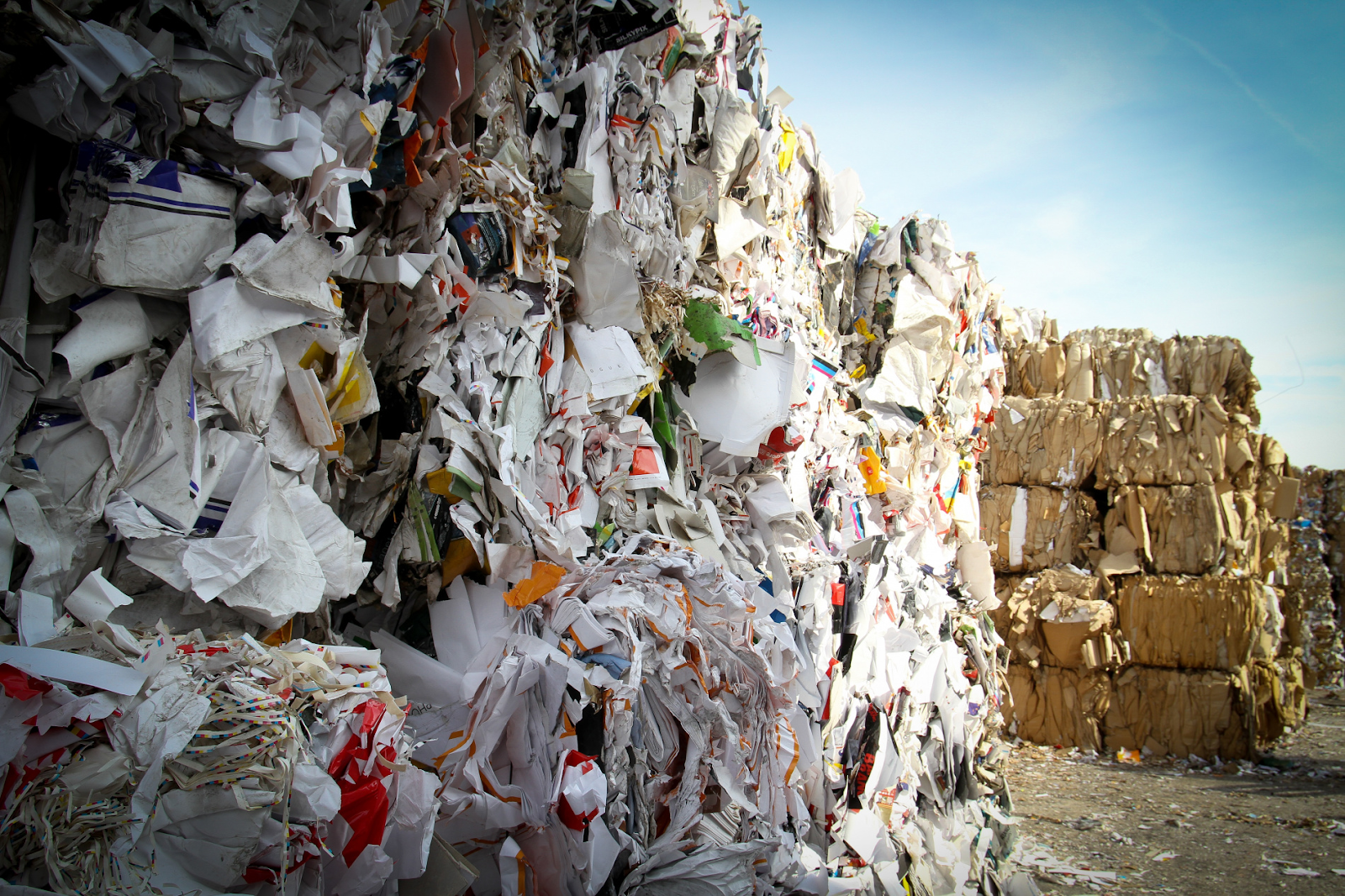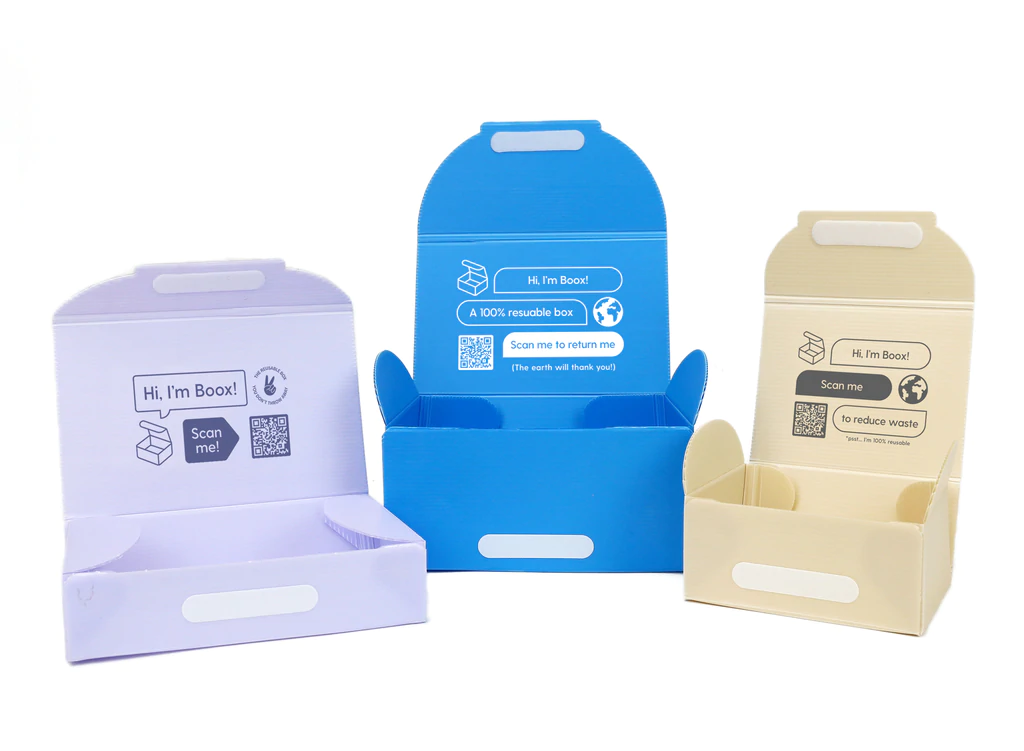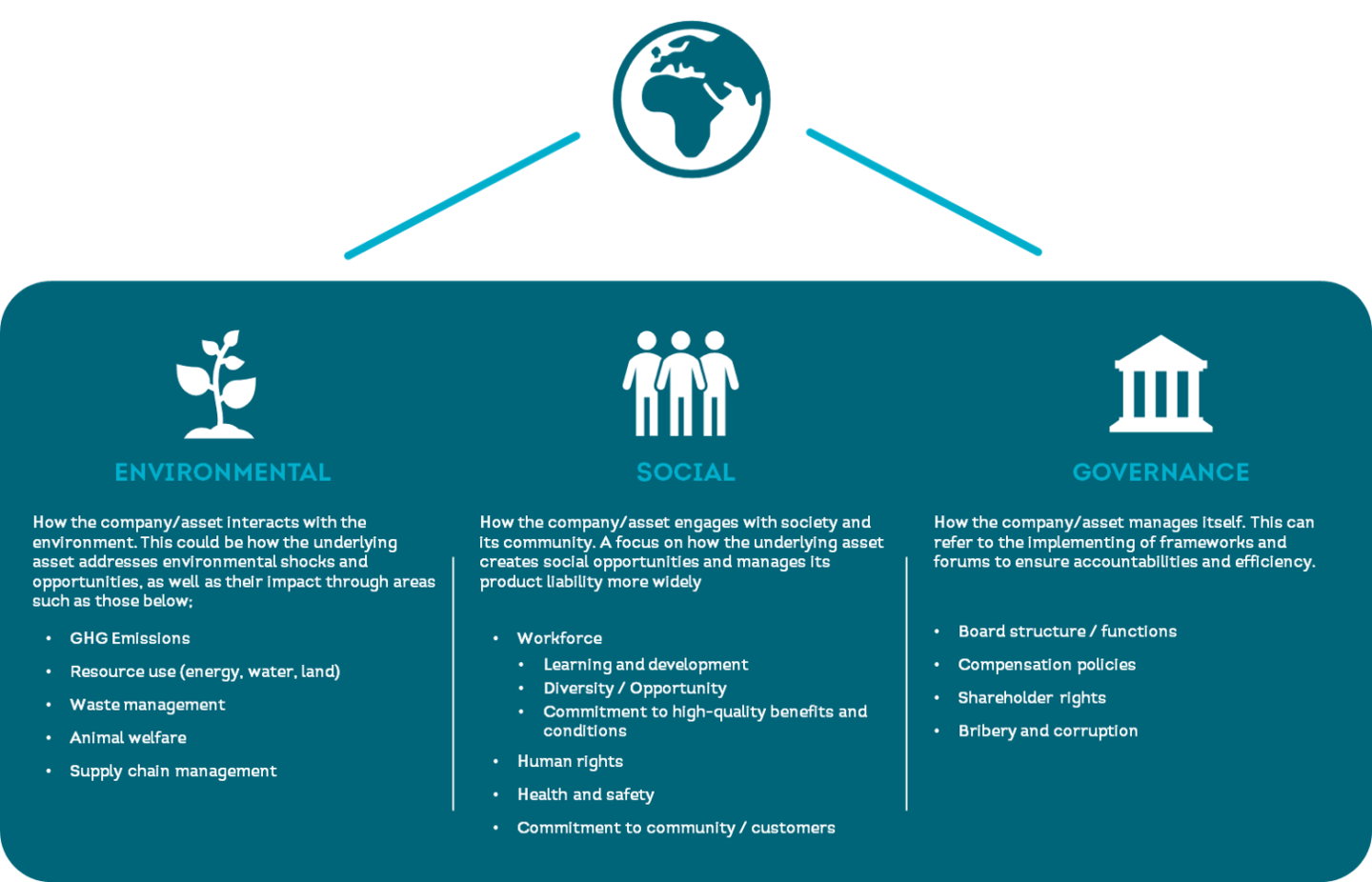The Big BOX epidemic
In the summer of my first year at UBC, all students geared up to head home and move their belongings for storage. I made a quick run to buy the cardboard boxes to finish early packing and hold my spot for storage on campus. To my astonishment, all the stores nearby ran out of cardboard boxes and said they would restock only a week later. It wasn’t the demand that blew my mind but the sheer amount of cardboard boxes being used. UBC itself constitutes around 70,000 students who rely on cardboard boxes every year to move around and for storage. These numbers combined with several other universities and the business environment itself across the globe contribute to staggering amounts of cardboard waste in the landfills.
What are we missing?
The recycling rates for cardboard are between 70% and 80% for the US and Europe alone. The majority of other countries do not engage in recycling practices or off-shore their waste problem. This “out-of-sight-out-of-mind” attitude of many countries is the ultimate reason why the recycling rates have still not improved and the landfills problem continues to rise.
TIME Magazine’s Best Invention winner, Boox, has the above problem as their core mission. The company’s main goal is to recycle cardboard, refurbish and reuse them over and over again. They have partnered up with several companies in the US and UK to ensure their cardboards use less tape and labels and with components that help recycle the cardboard easily and without producing/contributing further waste. Their giveback is impressive and extremely organized which has encouraged consumers to engage in proper, responsible recycling activities.
We have had solutions for such issues for decades now however, we still haven’t seen any change in the results. Companies like Boox are transforming the game through conscientious consumer practices and starting small.





Hi Sriya! Thank you for highlighting such an issue! As a domestic student who can very easily move home with one car ride, I never knew finding cardboard could be such a big problem.
ReplyDeleteWith the shocking statistics from Amazon, I remember a class discussion that was centered around how convenience is one of the biggest influencers of brand loyalty. With Amazon, I often see myself falling into the habit of ordering different items throughout the week, and having them all shipped individually to my house. Although I know this habit is extremely harmful to the environment, it's just so convenient!
Companies like Boox remind me of Fresh Prep! They deliver all your goods to make meals in reusable containers, then send an employee to pick up the containers a week later. I wonder if companies worldwide can participate in something similar.
Kris Yu